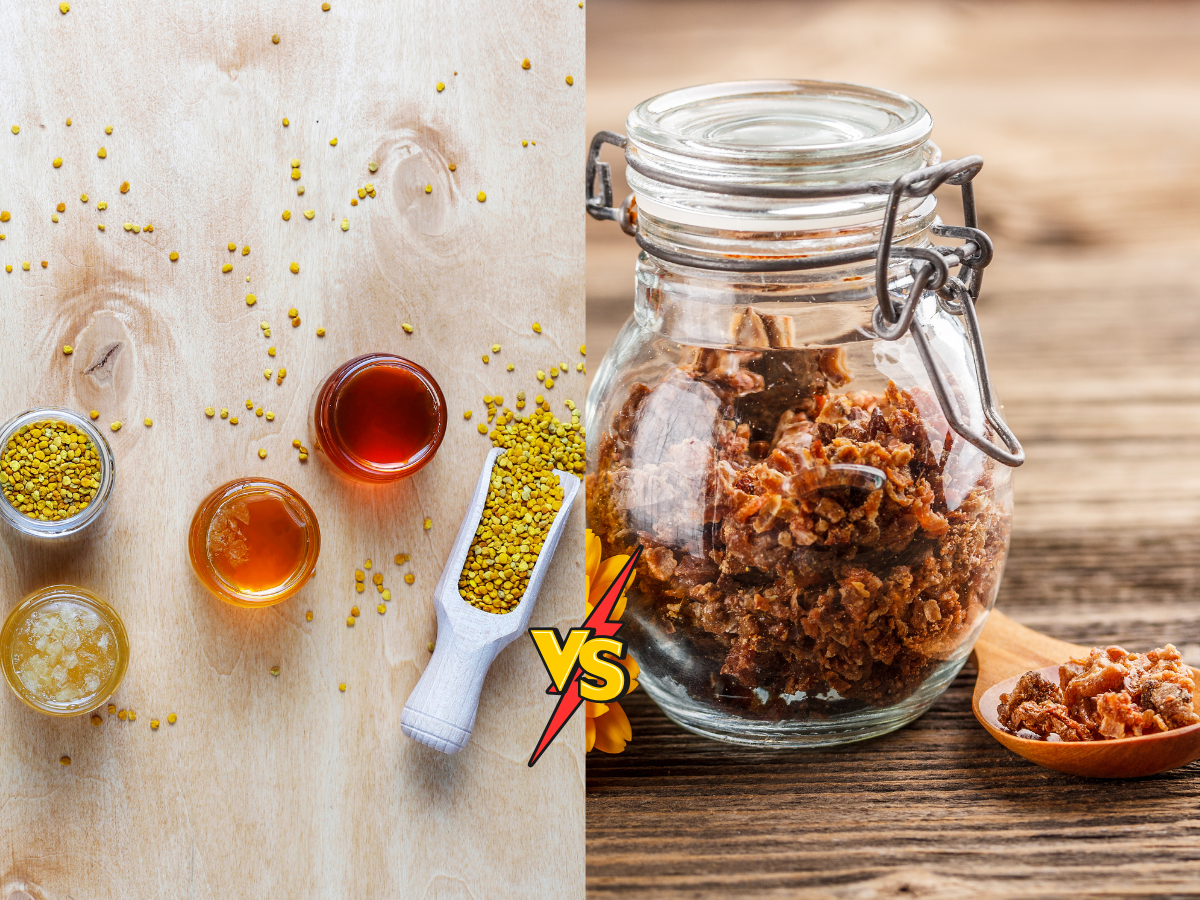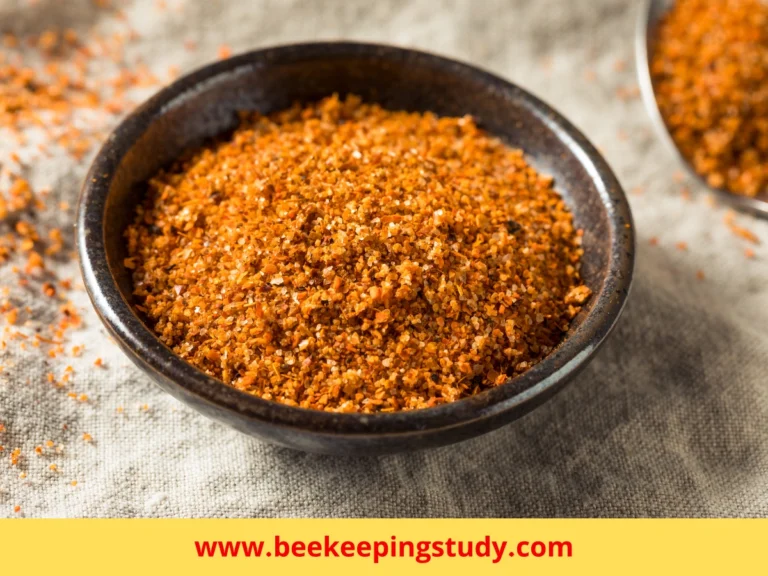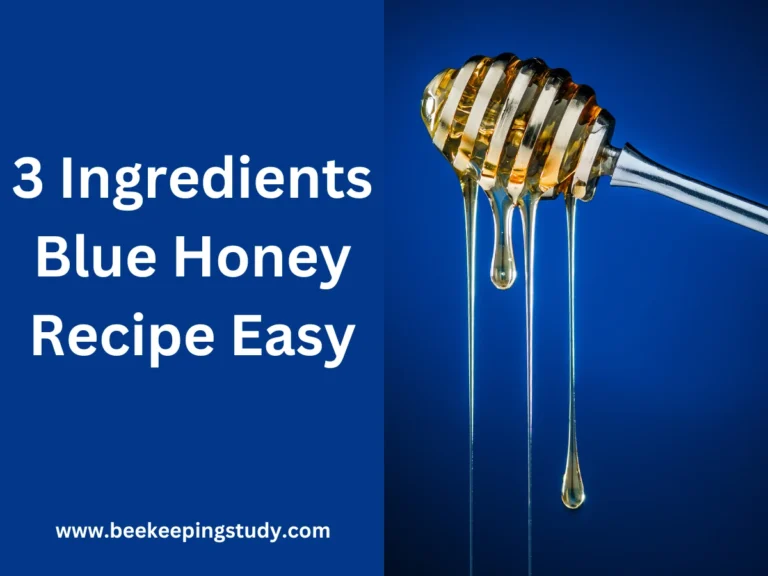This post might be created with help from AI tools and carefully reviewed by a human (Anthor Kumar Das). For more on how we use AI on this site, check out our Editorial Policy.
Propolis vs Bee Pollen: Which One is Better?
When it comes to natural supplements, both propolis and bee pollen are often praised for their health benefits. But what exactly are they, and how do they compare? In this article, I will explain propolis vs bee pollen, highlighting their differences, benefits, and helping you determine which one is better for your needs.
What is Propolis?
Propolis is a resin-like substance that bees produce by mixing their saliva with beeswax and sap from trees or other botanical sources. Bees use propolis to seal gaps in the hive and protect it from bacteria, viruses, and fungi.
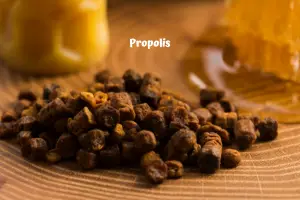
Nutritional Composition of Propolis
Propolis is rich in bioflavonoids, phenolic acids, and aromatic compounds. These elements contribute to its strong antioxidant, anti-inflammatory, and antimicrobial properties. Key nutrients in propolis:
- Bioflavonoids: Powerful antioxidants that help protect cells from damage.
- Phenolic Acids: Known for their anti-inflammatory effects.
- Essential Oils: Contribute to its antimicrobial properties.
What is Bee Pollen?
Bee pollen is a mixture of flower pollen, nectar, enzymes, honey, wax, and bee secretions. Bees collect pollen from flowers and use it as a primary food source for the hive.
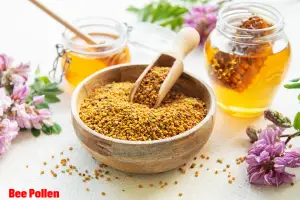
Production of bee pollen involves collecting nectar from flowers, returning to the hive, and converting it to pollen. Beekeepers often collect bee pollen using pollen traps for consumption.
Nutritional Composition of Bee Pollen
Bee pollen is known for its comprehensive nutrient profile. It contains proteins, vitamins, minerals, and antioxidants. Bee pollen has a sweet and floral taste.
Key components include:
- Proteins: Essential for growth and repair of body tissues.
- Vitamins: Particularly rich in B-complex vitamins.
- Minerals: Such as calcium, magnesium, and potassium.
- Antioxidants: Help reduce oxidative stress and inflammation.
These healthy compounds in bee pollen make it a primary food for bees.
Health Benefits of Propolis
Propolis has been used for centuries for its medicinal properties. Here are some of its key benefits:
- Boosts Immune System: Propolis is known for its immune-boosting properties. The bioflavonoids and phenolic compounds help enhance the body’s defense mechanisms.
- Anti-Inflammatory Properties: The phenolic acids in propolis have strong anti-inflammatory effects, which can help reduce inflammation and pain.
- Antimicrobial Effects: Propolis has potent antimicrobial properties, making it effective against bacteria, viruses, and fungi. It can help prevent and treat infections.
Health Benefits of Bee Pollen
Bee pollen is often called a superfood due to its rich nutrient content. Here are the major benefits of bee pollen:
- Enhances Energy Levels: The proteins, carbohydrates, and B vitamins in bee pollen provide a natural energy boost, enhancing stamina and endurance.
- Supports Digestive Health: Bee pollen contains enzymes that aid digestion and improve nutrient absorption, promoting a healthy digestive system.
- Boosts Immune System: The antioxidants in bee pollen help strengthen the immune system, reducing the risk of illnesses and infections.
Propolis vs Bee Pollen: Key Differences
While both propolis and bee pollen offer numerous health benefits, they differ in several ways.
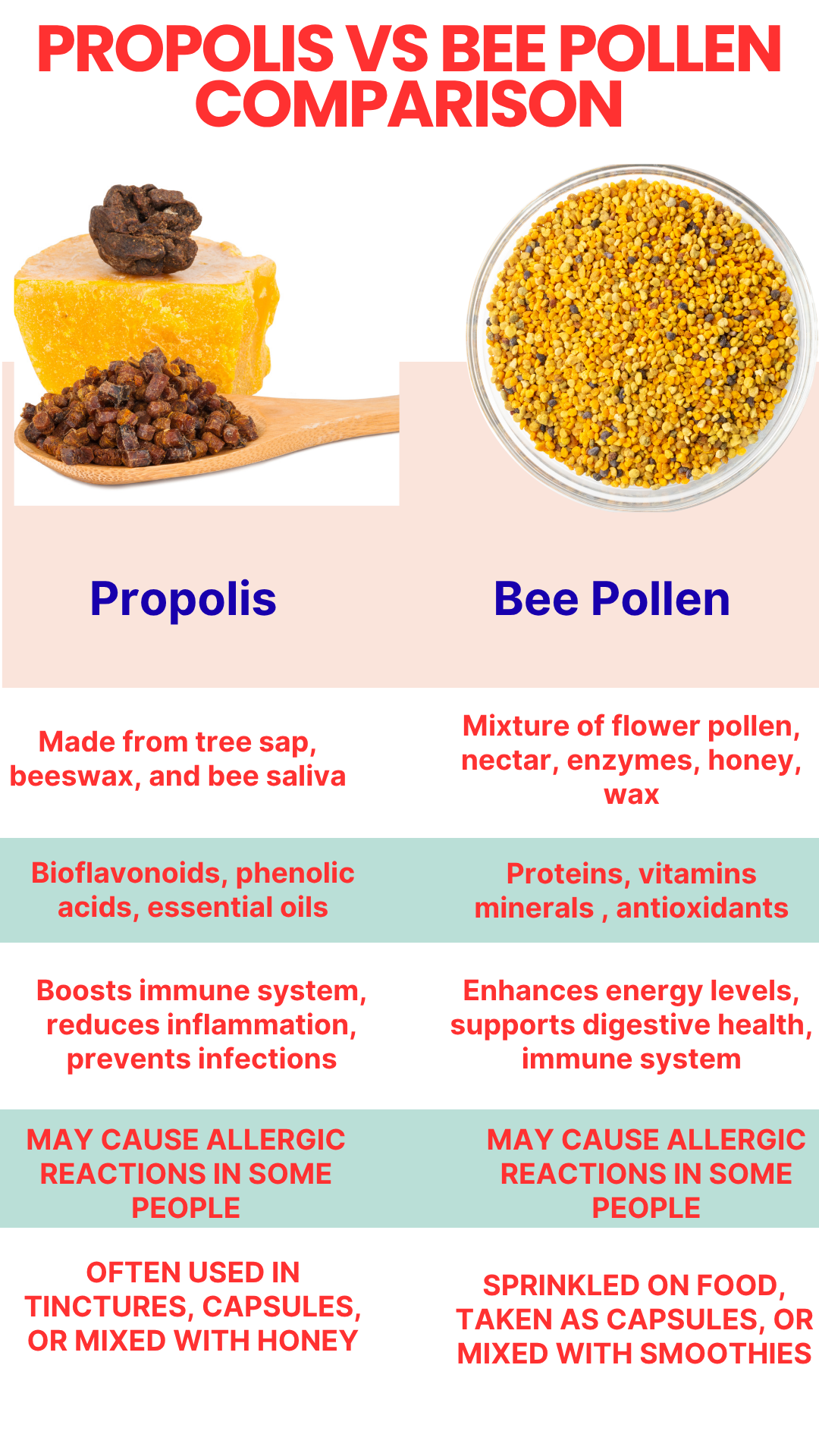
Source and Composition
Propolis is primarily a resinous substance made by bees from tree sap and other botanical sources, while bee pollen is collected from flowers and mixed with bee secretions.
Primary Uses
Propolis is mainly used for its antimicrobial, anti-inflammatory, and immune-boosting properties. Bee pollen, on the other hand, is valued for its nutritional content, including proteins, vitamins, and minerals.
Health Benefits
Propolis is more effective for treating infections and reducing inflammation, while bee pollen is better for boosting energy, enhancing digestion, and providing comprehensive nutrition.
Propolis vs Bee Pollen: Which One is Better?
Determining which is better between propolis and bee pollen depends on your specific health needs:
| Aspect | Propolis | Bee Pollen |
|---|---|---|
| Source | Resin-like substance made from tree sap, beeswax, and bee saliva | Mixture of flower pollen, nectar, enzymes, honey, wax, and bee secretions |
| Primary Use | Antimicrobial, anti-inflammatory, immune-boosting | Nutritional supplementation, energy enhancement, digestive support |
| Key Nutrients | Bioflavonoids, phenolic acids, essential oils | Proteins, vitamins (especially B-complex), minerals (calcium, magnesium, potassium), antioxidants |
| Health Benefits | Boosts immune system, reduces inflammation, prevents and treats infections | Enhances energy levels, supports digestive health, strengthens immune system |
| Best For | Immune support, anti-inflammatory effects, antimicrobial properties | Nutritional supplementation, boosting energy, comprehensive nutrition |
| Potential Allergies | May cause allergic reactions in some people | May cause allergic reactions in some people |
| Usage | Often used in tinctures, capsules, or mixed with honey | Can be sprinkled on food, taken as capsules, or mixed with smoothies |
For Immune Support and Anti-Inflammatory Effects
If you are looking to boost your immune system and reduce inflammation, propolis may be the better choice. Its bioflavonoids and phenolic acids provide strong antioxidant and anti-inflammatory benefits.
For Nutritional Supplementation and Energy
If you need a nutritional boost and enhanced energy levels, bee pollen is likely the better option. Its rich nutrient profile, including proteins, vitamins, and minerals, offers comprehensive support.
Frequently Asked Questions
Can you take propolis and bee pollen together?
Yes, you can take both together. They complement each other and offer a wide range of health benefits.
Are there any side effects of propolis or bee pollen?
Some people may experience allergic reactions. It's important to start with small amounts and consult a healthcare provider if you have allergies.
Which is better for skin health: propolis or bee pollen?
Both are beneficial for skin health. Propolis has strong antimicrobial properties, while bee pollen provides essential nutrients for skin repair.
Can children take propolis or bee pollen?
Yes, but it's best to consult with a pediatrician to ensure safety and proper dosage.

